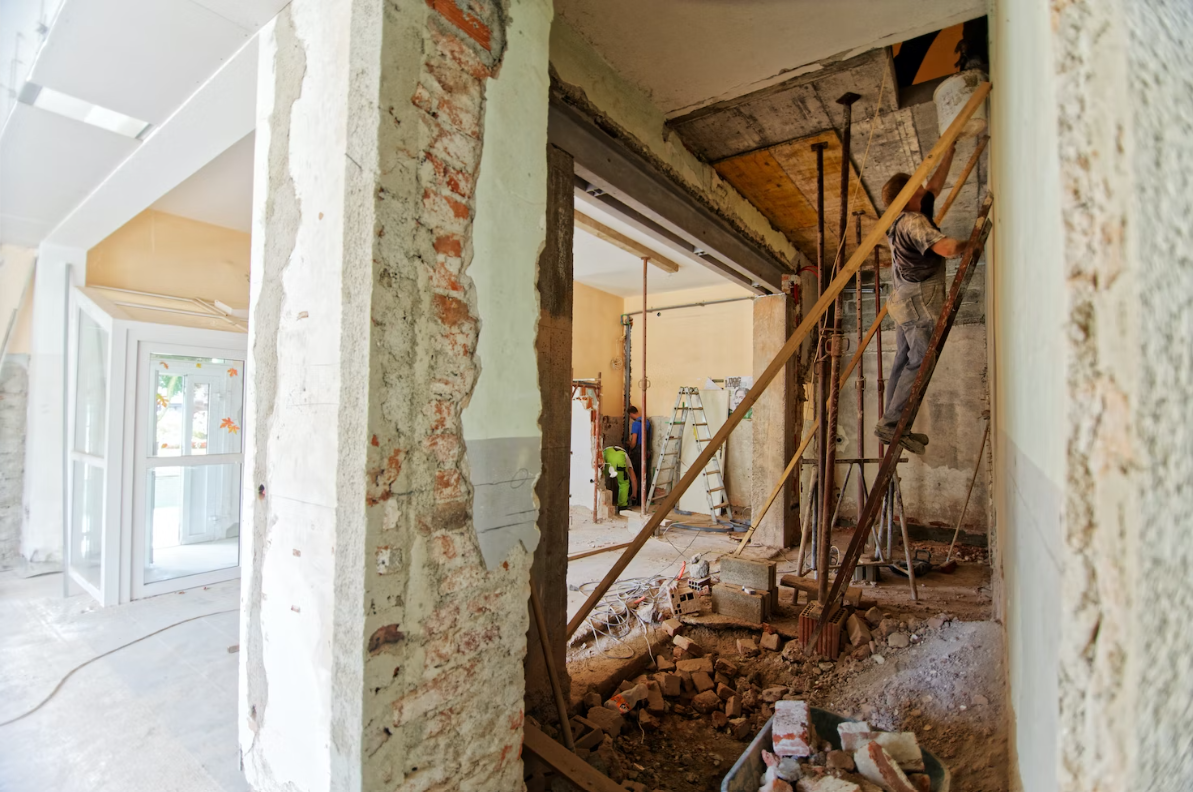
Remodeling your home can be an exciting time. Whether you’re adding on a new room, renovating an existing space, or just giving your home a fresh coat of paint, there are endless possibilities for making your house into the perfect place to suit your needs. However, as with any major project, there are also a few potential pitfalls that can turn your dream remodel into a nightmare. To help you avoid these common mistakes, we’ve put together a list of 8 things to watch out for when planning your next home improvement project.
Not Getting Permits
Depending on the scope and location of your project, you may need to obtain one or more permits from your local municipality before starting work. Failure to do so can result in costly fines, or even cause you to tear down any work that has been completed without the proper permit. Make sure you check with your city or county planning office to find out which permits are required for your project.
Not Planning for Disruptions
If you’re planning a major renovation, it’s important to plan ahead for how you’ll deal with the inevitable disruptions to your daily routine. Will you need to move out of your home during construction? If so, make sure you have a place to stay that is comfortable and convenient. If you’re staying put during the remodel, be prepared for noise, dust, and general chaos. Make sure to communicate with your family or roommates about what to expect and how best to deal with the construction zone. Minimize the disruptions for your neighbors by informing them in advance of any work that may affect them and arranging for construction recycling and waste services.
Not Staying On Budget
It’s easy to get caught up in the excitement of a home improvement project and start adding on extras that were not originally in the budget. However, these extras can quickly add up and blow your budget out of the water. To avoid this pitfall, make sure you have a firm budget in mind before starting work and do your best to stick to it. If something does come up that wasn’t originally planned for, be prepared to make sacrifices in other areas of the budget to stay on track.
Hiring an Unlicensed Contractor
Always make sure any contractor you hire is properly licensed and insured. A qualified contractor will be able to provide you with proof of both before starting work on your project. Hiring an unlicensed contractor not only puts you at risk financially if something goes wrong, but it could also invalidate your home insurance policy. Don’t take chances—insist on seeing proof of license and insurance before hiring anyone to work on your home.
Not Shopping Around for Materials
Take the time to shop around for materials before starting your project. Compare prices at different stores and online retailers to get the best deals on everything from lumber to appliances. You may also want to consider using recycled materials where possible—not only is this good for the environment, but it can also save you money.
Ignoring Energy Efficiency
If you’re planning any renovations that involve replacing windows or doors, insulating walls, or making other changes that impact energy efficiency, make sure you take advantage of available tax credits and rebates. These can help offset the cost of energy-efficient upgrades and make them more affordable.
Failing to Plan for Maintenance
Any time you make changes to your home—no matter how small—you should also plan for future maintenance and repairs. For example, if you’re installing a new roof, make sure to factor in the cost of future inspections and repairs, if you’re adding a new deck, be sure to factor in the cost of regular cleaning and sealing into your budget. This will help ensure your project is not only beautiful, but also long-lasting. The same goes for any new finishes or fixtures you install—make sure you know how often they’ll need to be replaced or serviced so there are no nasty surprises down the road.
Not Getting Everything in Writing
Always get everything in writing before starting work with any contractor. Draw up a contract that outlines the scope of work, timeline, and cost so there are no misunderstandings later on. Make sure all parties sign it before starting work, and keep a copy for your records. This includes a detailed description of the work that will be performed, as well as the materials that will be used, start and finish dates, payment terms, and warranties. Having everything in writing will protect both you and the contractor if there are any disagreements later on.
By avoiding these 8 common mistakes, you can help ensure that your next home remodeling project goes off without a hitch. Be sure to do your research, create a realistic budget, hire licensed professionals, and get everything in writing before starting work. With just a little bit of careful planning, you can turn your remodeling dreams into reality.

